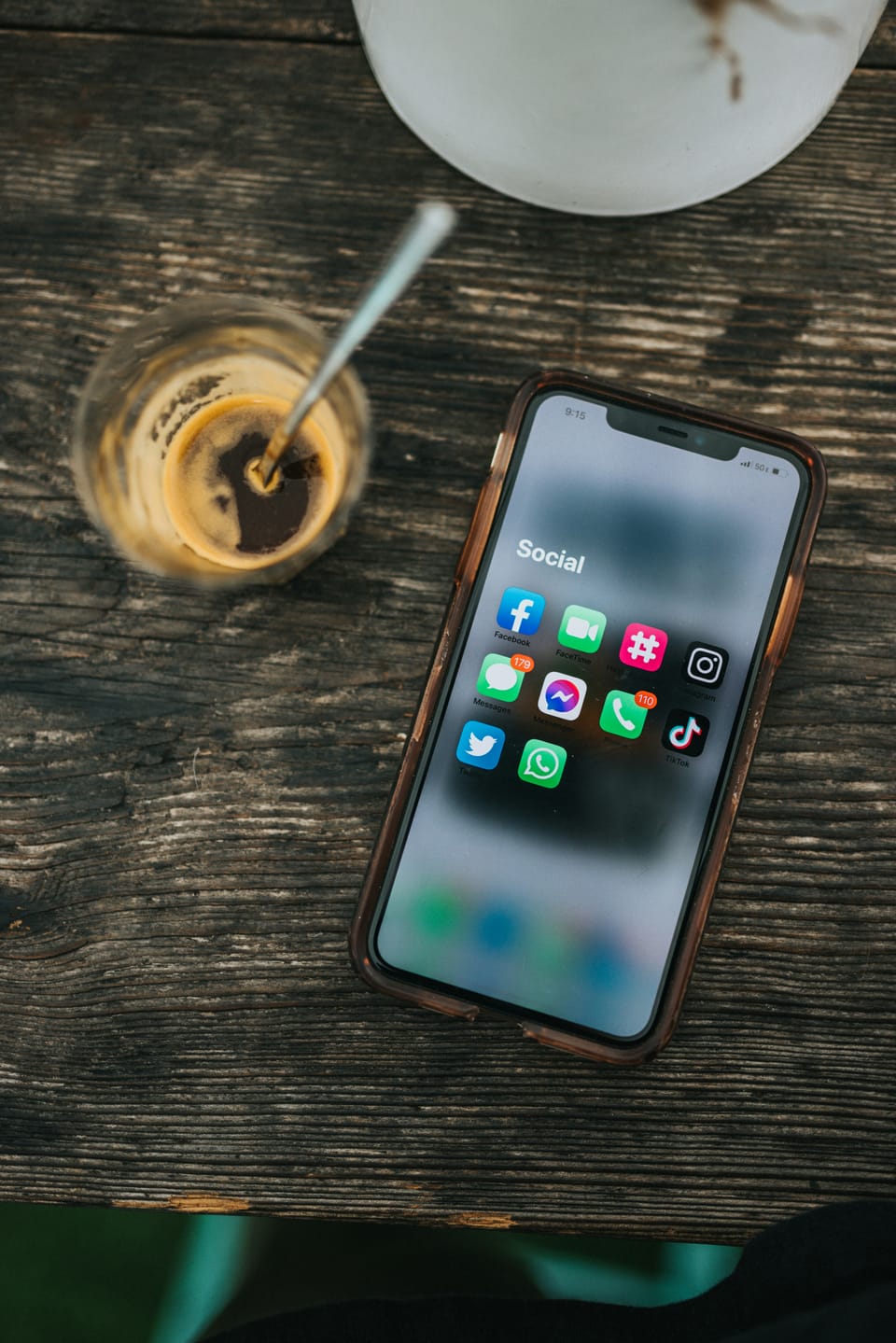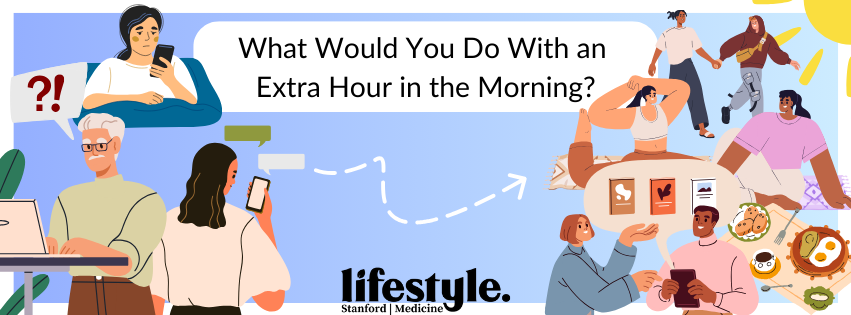My Social Media Reality Check: Understanding Digital Brain Rot

Even as I write this now, my fingers are itching to check my notifications. That's how deep this goes.
Opening Instagram to "quickly check something" at night has become a familiar scenario in my life. Two hours later, I emerge from an endless stream of travel reels and movie clips, wondering where the time went. I checked my screen time stats. The numbers hit me hard. Two hours every day on Instagram alone. That's 14 hours a week, or about 60 hours a month. I'm spending more than two full days each month just scrolling. That's been my life lately, and I need to talk about it.
The Science Behind Digital Brain Rot
Scientists have discovered that excessive social media use, particularly the consumption of short-form content, fundamentally alters our brain's reward system. Every time we scroll and find something interesting, our brains release dopamine, the same neurotransmitter involved in addiction. The constant stream of bite-sized content literally rewires our neural pathways, training our brains to crave quick hits of information rather than sustained focus.
Research from Stanford University shows that heavy social media users perform worse on cognitive tests, especially those involving memory and attention span. The human brain, designed to process information deeply and make meaningful connections, struggles with the superficial processing demanded by endless scrolling. This isn't just changing how we consume content, it's rewiring how our brains function. (Below is the link to the research article)

The Attention Crisis
The most alarming discovery came recently when I tried to read a book. The words were right there on the page but my brain just wouldn't focus. All I could think about was checking my phone. That's when I knew something was terribly wrong.
The human brain is wired to seek novelty. Each notification, message, or video that pops up provides a little hit of dopamine, the feel-good neurotransmitter. This creates a loop where the brain craves more instant gratification, which screens readily provide. Over time, this constant stimulation rewires the brain's reward system, making it harder to engage with less stimulating but essential tasks, like reading a book or having a prolonged conversation. The prefrontal cortex, responsible for decision-making and self-control, becomes less active, making it harder to resist the lure of screens.
Research shows our average attention span has decreased to eight seconds, a second less than that of a goldfish. This statistic initially made me smile, then think. The implications reach into every aspect of our lives, our work, our relationships, our ability to learn, grow and focus.
Recognizing the Patterns
My Instagram usage peaked during specific times, late at night before sleep and first thing in the morning. These patterns emerged particularly during periods of stress or low mood, turning into what researchers call "doom scrolling." The algorithm knows exactly what would keep me engaged, stunning travel destinations I dream of visiting, perfectly curated scenes from my favorite films, each swipe promising another moment of escape.
The effects manifested clearly in my daily life. My productivity suffered as tasks that required sustained attention became increasingly challenging. Reading, once my favorite escape, turned into a struggle. Even watching a movie has become impossible without simultaneously checking my phone.
From Autopilot to Awareness
The transformation began with practical changes rather than abstract goals. Moving my phone charger to the living room created a physical boundary between sleep and scrolling. This single change improved both my sleep quality and morning routine significantly.
I started asking myself, "Why am I reaching for my phone?" Usually, it is out of boredom, anxiety, or simply a habit. Just acknowledging this made a huge difference. If I am bored, I try to find something else to do. If I am anxious, I try to address the underlying cause instead of numbing it with scrolling. I started setting aside specific times for social media. This turned scrolling into a conscious choice rather than a default behavior.
The hardest part? No phone for the first hour after I wake up. Instead, I do this thing where I actually... experience my morning? Like taking a moment to breathe, stretch, or set a calm tone for my day without distractions. It might sound strange, but makes a world of difference.
A Balanced Approach
Just to be clear, I'm not trying to quit social media entirely and that's neither realistic nor necessary. It's about taking back control. Some days I stick to my limits perfectly. Other days I find myself watching food videos at midnight. And that's okay. The goal isn't perfection. The goal is awareness.
I've learned something important: My phone isn't the problem. My relationship with it is. Social media isn't inherently bad. But like any tool, it needs boundaries. Every night when I read a few pages of a book instead of checking Instagram one last time, I know I'm building better habits.
Finding a Way Forward
This isn't just another "social media is bad" rant, though. It's more of a "hey, I found some things that actually help, and maybe they'll work for you too" conversation. Because let's be honest, we're all trying to figure out how to exist in this world of endless content without letting it consume us entirely.
I'm not trying to demonize technology or short-form content. My journey is about reclaiming something more fundamental - my ability to choose. To engage deeply when I want to, to be present when I need to, and to scroll only when I consciously decide to do so. I've learned that what defines my relationship with technology isn't the time I spend with it, but the consciousness I bring to each interaction.
Our digital habits may not define us but our conscious choices do!
A Simple Question
Next time you reach for your phone, pause for a moment. Ask yourself: "What am I looking for right now?" Your answer might surprise you.
Are you bored? Anxious? Lonely? Procrastinating? Understanding your triggers is the first step to changing your habits.
P.S. If you've read this far without checking your phone, I'm impressed. Unless you're reading this on your phone, in which case... well, at least we're being productive with our screen time, right? 😛




Comments ()